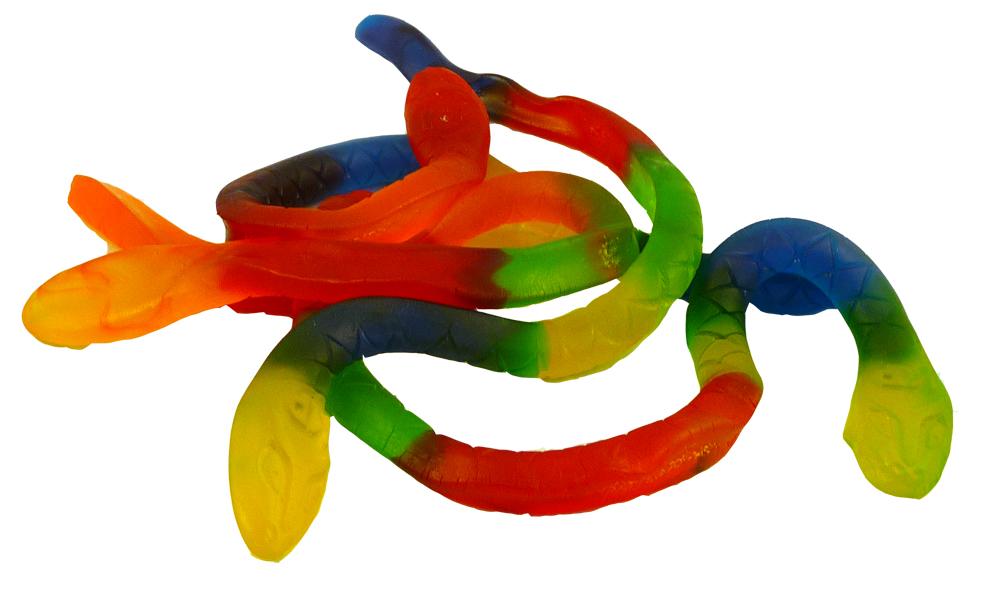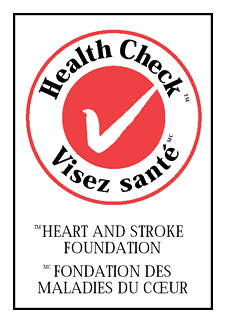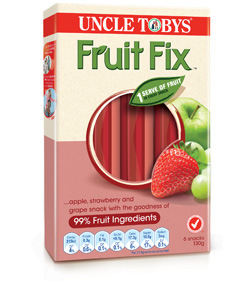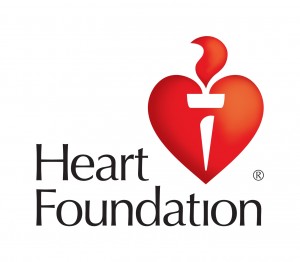This week the authors of a major ongoing assessment of our health released their 12 year update. It’s a sobering document. We are all getting fatter and very much sicker at an alarming rate. But the really disturbing thing is that the Australian Heart Foundation’s advice is making things worse not better.
The AusDiab (Australian Diabetes, Obesity and Lifestyle) study has been monitoring the health of a random selection of 11,000 Australian adults since 2000. The results of the 12 year follow-up were published this week.
The update shows that the number of us with Type II Diabetes has increased by 41%; that obesity has increased by 22%; that almost half of us now have chronically high blood pressure (this is despite a 30% increase in the use of medication to control it); and that the average 25 year old gained 7 kg on the scales and 7 cm round the waist; all in just over a decade.
During all of the period of the study (and for many years before that), the Heart Foundation has campaigned for changes to our food supply that they say would combat exactly those problems. They wanted the saturated animal fats removed from our food and replaced with seed oils (described on the label as ‘vegetable oil’, ‘canola oil’, ‘sunflower oil’, ‘safflower oil’, ‘soy oil’, ‘rice bran oil’ or ‘grapeseed oil’). And they have had considerable success. All fast food outlets now fry in seed oils. There are no products on the supermarket shelves which use animal fat. And in every food category there is at least one major brand that has been certified by the Foundation (with a Tick) as being low in saturated fats.
They have won the war on animal fat and ensured that it has been almost completely replaced by oils extracted from seeds. There is just one remaining bastion of saturated fat, butter. But don’t worry, the Foundation has a plan there too, eat more margarine. They reckon that once you overcome the taste of margarine you’ll soon be enjoying the “great benefit” of more “omega 6.” Omega 6 fats are a significant component of seed oils (vegetable oils) but are very rare everywhere else in nature. The only problem is that research is telling us that they the Heart Foundation has gotten it very, very wrong on these fats.
One of the key pieces of research they rely on for the supposed benefits of margarine (and seed oils in general) has recently been reanalysed. This new analysis has turned our understanding of the heart health benefits of margarine (and in particular the omega-6 fats which are a primary ingredient) upside down. The researchers were able to recover lost data about the exact fats fed to the volunteers in the original Study and then apply modern statistical techniques to that data.
What they found was truly disturbing. Not only was there no benefit to the people substituting margarine for butter, doing so significantly increased the risk of death from heart disease (by 70%) because of the huge increase in omega-6 fat consumption in the margarine chomping group.
The margarines used in that trial have similar levels of omega-6 fats to those (and just about everything else) being promoted by the Heart Foundation for the last three decades. Based on this research, the Foundation is actively encouraging people to consume something that almost doubles the risk of death from heart disease. Let me say that again just so it’s clear. The research says that following the Heart Foundation’s advice almost doubles your risk of death from heart disease.
Extraordinary though that is, it is not the worst of it. These are also exactly the same fats that other research has repeatedly shown to double our risk of breast cancer. And I’m not just talking about rat studies here (although there are more than enough of them). I’m talking about at least 7 major human population studies and 2 long term controlled trials (human again) which all come to exactly the same conclusion. The more omega-6 fat (found primarily in vegetable oil) you consume the more likely you are to suffer from breast cancer.
Worse than that, the rat studies are showing up something that (thankfully) no-one dare try on humans. When you feed pregnant mothers this stuff, their female pups have double the rate of breast cancer – even though they don’t consume any vegetable oils after birth.
This makes the heart Foundation’s chosen marketing vehicle especially horrific. You see, rather than simply run an ad telling us to eat margarine, they’ve decided to create a social media storm with the express purpose of getting mums to consume the exact substance that the research resoundingly shows doubles the rate of breast cancer and nearly doubles their risk of death from heart disease. And if the rat studies are right, those mums (trying to do the very best for their families) may be making very dangerous choices for their unborn daughters.
As if this were not bad enough, the Foundation continues to persist with a bizarre stance on the question of sugar. Last Thursday, the ABC’s venerable science program, Catalyst ran a special feature on the dangers of sugar. It detailed the, now well established, evidence that sugar is not only responsible for the obesity epidemic but is also strongly implicated in a long line of chronic disease including Type II Diabetes and Heart Disease.
Part of the program examined the very high levels of sugar embedded in foods which bear the Australian Heart Foundation’s tick of approval. Professor Michael Cowley, a physiologist and obesity researcher from Monash University expressed surprise that the Heart Foundation would endorse breakfast cereals (for example) that were almost a third sugar. In response, the Heart Foundation said that they ignore the sugar content of foods because (despite abundant evidence to the contrary) they believe it doesn’t make us fat or give us diabetes or heart disease.
The Australian Heart Foundation has spent the last 54 years working to gain our trust as an adviser. Our trust is something you can’t buy, but the processed food industry has found a way to rent the Heart Foundation’s healthy halo. It’s called the Tick Program. Processed foods can gain endorsement from the Heart Foundation by doing what they were going to do anyway. They wanted to use seed oils instead of animal fats because they are loads cheaper. Tick. They wanted to use tons of sugar because food with sugar sells better than food without. Tick.
The only problem is that, through the Tick Program, the Heart Foundation now finds itself in the position of having endorsed hundreds of products that the science says are very dangerous to our health. And it receives a nice chunk of change from the program every year ($2.9m in 2011).
That, girls and boys, is what we lawyers call a conflict of interest. When doctors experience a conflict of interest (say by accepting gifts from pharmaceutical companies), the regulators tighten the rules and (no matter how much it hurts the doctors) puts the brakes on the gravy train.
The same thing happens in just about any profession we depend upon for expert knowledge. We have to be able to trust people we pay to know more than us about a specialist subject. And no matter how morally astute they believe they are, we cannot allow them be led into temptation by conflicts of interest. If we do, we can never be sure if they are giving us advice based on the best evidence or on their own financial interest.
There are now very persuasive reasons to worry about the Heart Foundation’s advice that we should consume seed oils (vegetable oils). And there is just as compelling evidence that ignoring sugar is taking a daily toll on the health of all Australians.
I know it’s embarrassing that the Heart Foundation got it wrong on omega-6 fats and sugar. But they need to suck it up and change their position. Because it is much better to admit being wrong and do something about it than let another 40 women contract breast cancer or another 270 people contract Type II diabetes (and that’s just the toll today – the same toll will be exacted tomorrow and the day after that too).
We don’t need the guardians of our health defending the indefensible. We need them, well, guarding our health without fear or favour (especially without favour). This is not about pride. It’s about doing the right thing and stopping the appallingly dangerous advice – now.
While you wait for the Heart Foundation to do the right thing, here is some simple, free, advice for anyone wishing to avoid heart disease, cancer and Type II Diabetes:
- Do not eat any processed food (food in a packet) which has a Heart Foundation Tick – it is more than likely full of sugar or seed oils or both
- Do not eat anything that has been deep fried unless you know it was done in olive oil, coconut oil, macadamia nut oil or animal fat.
- Avoid any other processed food that contains seed oil.
- Avoid any other processed food that contains more than 3g per 100g of added sugar
Warning: following this advice may cause you to live to a very old age, so make sure you’ve got some superannuation




















Recent Comments